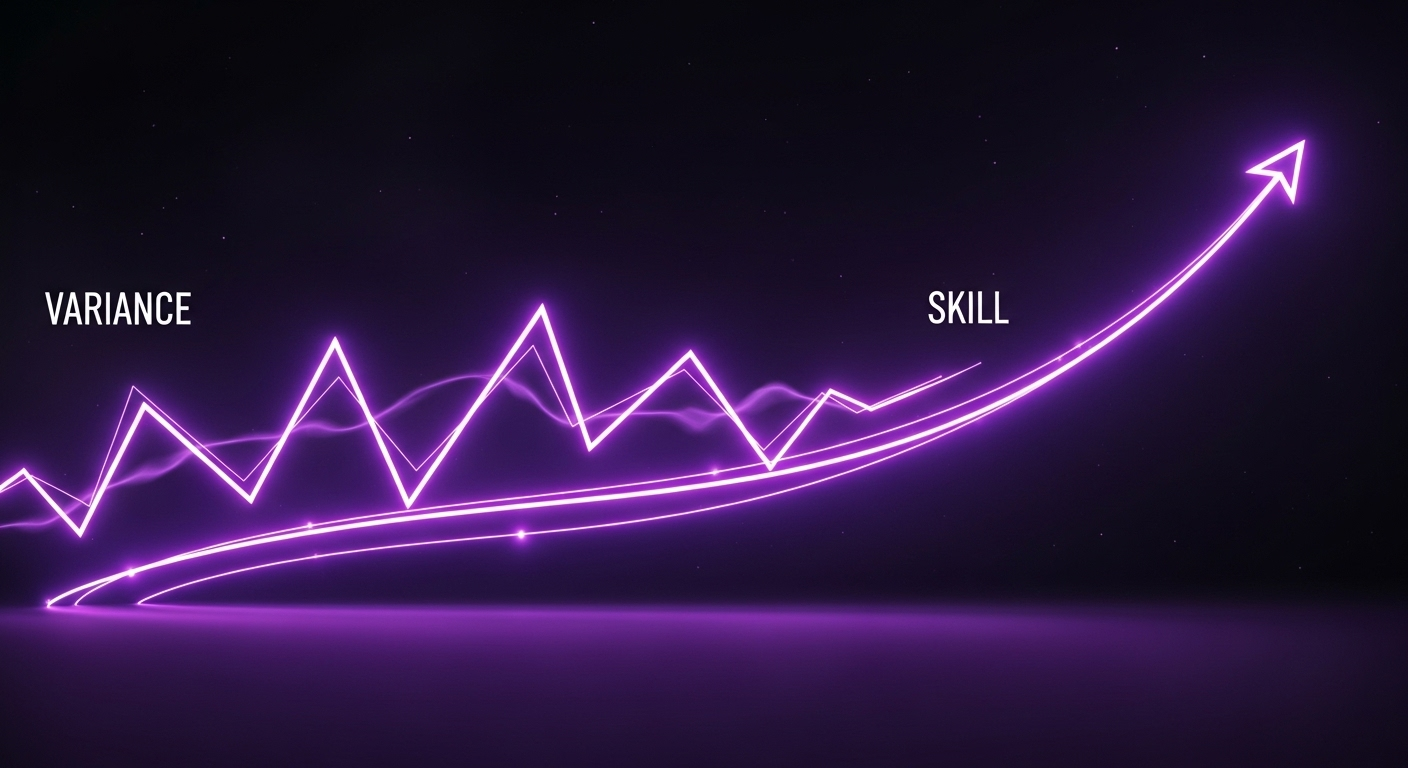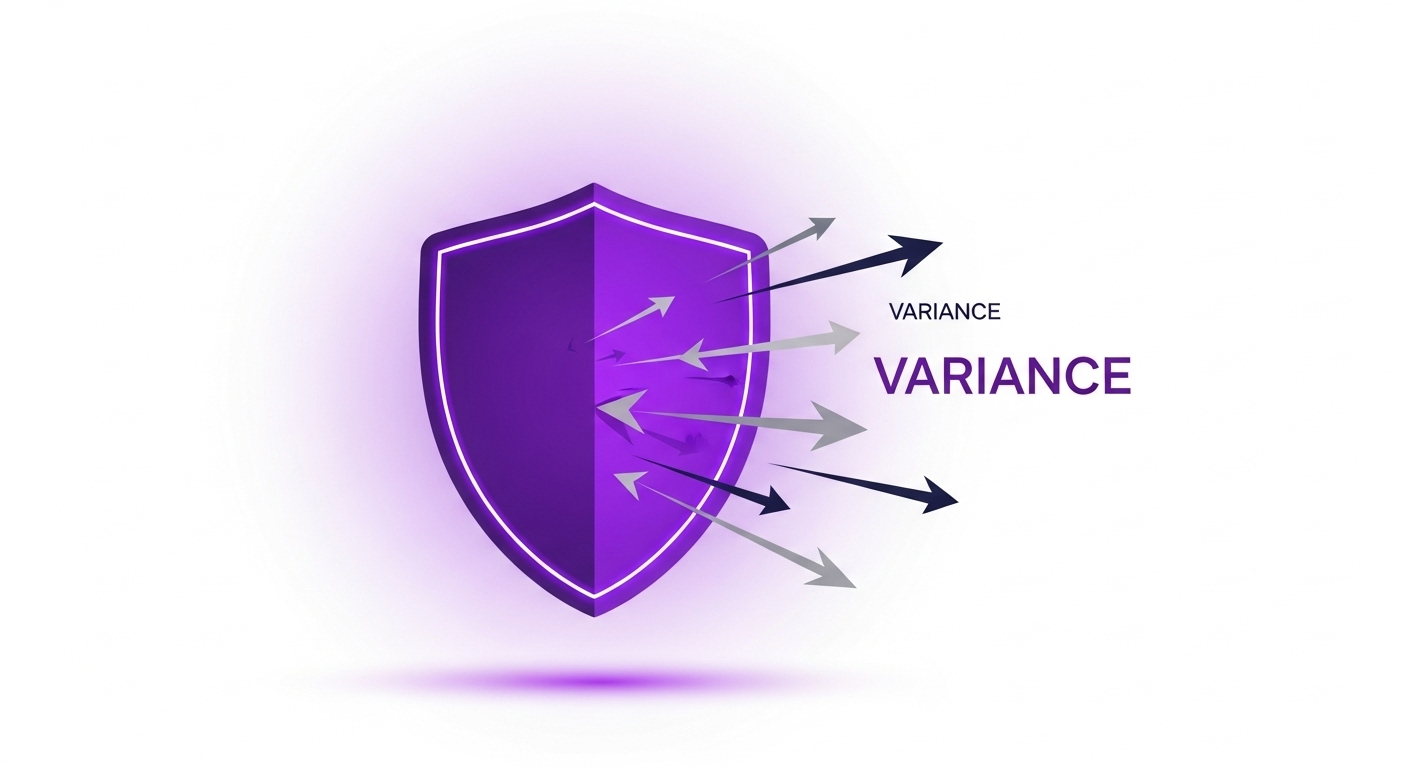The Cornerstone of Strategy: A Deep Dive into Expected Value (EV)

In the world of strategic gaming and financial markets, outcomes are governed by a mix of skill, chance, and mathematics. While you can’t control luck, you can control your decisions. The single most powerful tool for ensuring your decisions are mathematically sound is the concept of Expected Value, or EV.
Understanding EV is what separates disciplined strategists from casual gamblers. It’s a mental framework that shifts your focus from the result of a single hand or bet to the long-term profitability of the decision-making process itself. This guide will demystify EV, showing you how to calculate it and, more importantly, how to apply it.
What is Expected Value?
Expected Value represents the average outcome you can expect if you were to make the same decision an infinite number of times. It’s a weighted average of all possible outcomes, factoring in their probabilities.
If a decision has a positive Expected Value (+EV), it means that, on average, you will profit from making that decision over the long run. If it has a negative Expected Value (-EV), you will lose money over time. The goal of any serious strategist is to consistently identify and take +EV opportunities while avoiding -EV ones.
The formula is straightforward:
EV = (Probability of Winning × Amount Won) - (Probability of Losing × Amount Lost)
Let’s break this down with a simple, classic example.
Example 1: The Fair Coin Flip
Imagine someone offers you a bet. They will flip a fair coin. If it lands on heads, you win $2. If it lands on tails, you lose $1. Should you take this bet? Let’s calculate the EV.
- Probability of Winning (Heads): 50% (or 0.5)
- Amount Won: $2
- Probability of Losing (Tails): 50% (or 0.5)
- Amount Lost: $1
Now, plug these into the formula:
EV = (0.5 × $2) - (0.5 × $1) EV = $1 - $0.50 EV = +$0.50
The Expected Value of this bet is positive fifty cents. This means that for every time you accept this bet, you can expect to make, on average, $0.50. You might lose the first flip ($1 loss). You might lose the first three flips. But if you took this bet a thousand times, you would expect to be up around $500. This is a clear +EV decision.
Example 2: A Common Poker Scenario
Expected Value is the lifeblood of successful poker. Consider a situation where you are on the final card (the river) holding a hand that will win only if you hit one of four specific cards (you have four “outs”).
- The Pot: $100
- Your Opponent’s Bet: $20
- Total Pot if you call: $120
- Cost to you: $20 to call the bet
There are 46 unseen cards left in the deck. You have 4 cards that will make you win (your “outs”) and 42 cards that will make you lose.
- Probability of Winning: 4 / 46 ≈ 8.7% (or 0.087)
- Amount Won if you hit: $120 (the total pot)
- Probability of Losing: 42 / 46 ≈ 91.3% (or 0.913)
- Amount Lost if you miss: $20 (the cost of your call)
Let’s calculate the EV of making this call:
EV = (0.087 × $120) - (0.913 × $20) EV = $10.44 - $18.26 EV = -$7.82
The Expected Value of making this call is negative seven dollars and eighty-two cents. Even though the potential $120 prize is tempting, the math is clear: this is a -EV call. On average, every time you make this call, you are losing nearly eight dollars. A disciplined player, guided by EV, folds their hand instantly, saving money and waiting for a more profitable opportunity.
Why EV is Your Most Important Tool
- It Removes Emotion: EV is purely mathematical. It doesn’t care if you have a “gut feeling” or if you’re “due for a win.” It forces objective, logical decision-making, which is critical for disciplined bankroll management.
- It Fosters Long-Term Thinking: By focusing on the average outcome, EV trains you to accept short-term losses (variance) as long as your decisions are profitable in the long run.
- It’s the Foundation of Advantage: Every strategy, from card counting in Blackjack to advanced poker theory, is built upon the principle of identifying and exploiting +EV situations.
Mastering the concept of Expected Value is the first and most critical step on the journey from being a casual participant to becoming a strategic master. It is the core principle upon which GameMaster360 is built—providing you with the tools to analyze, simulate, and consistently find your edge.


